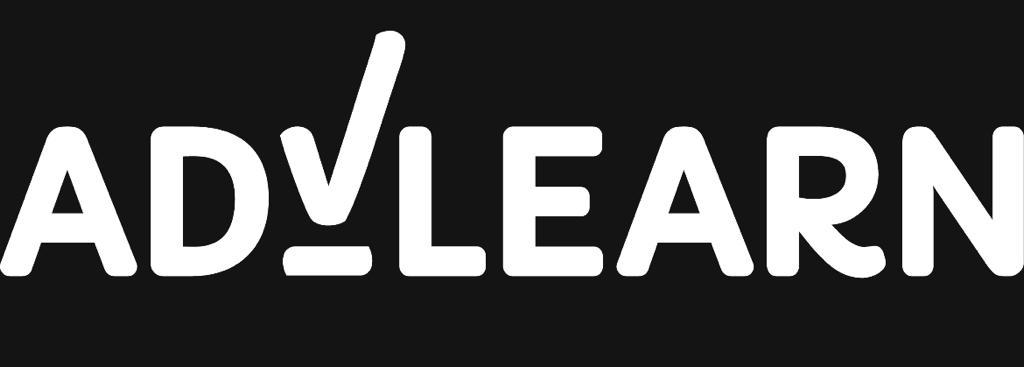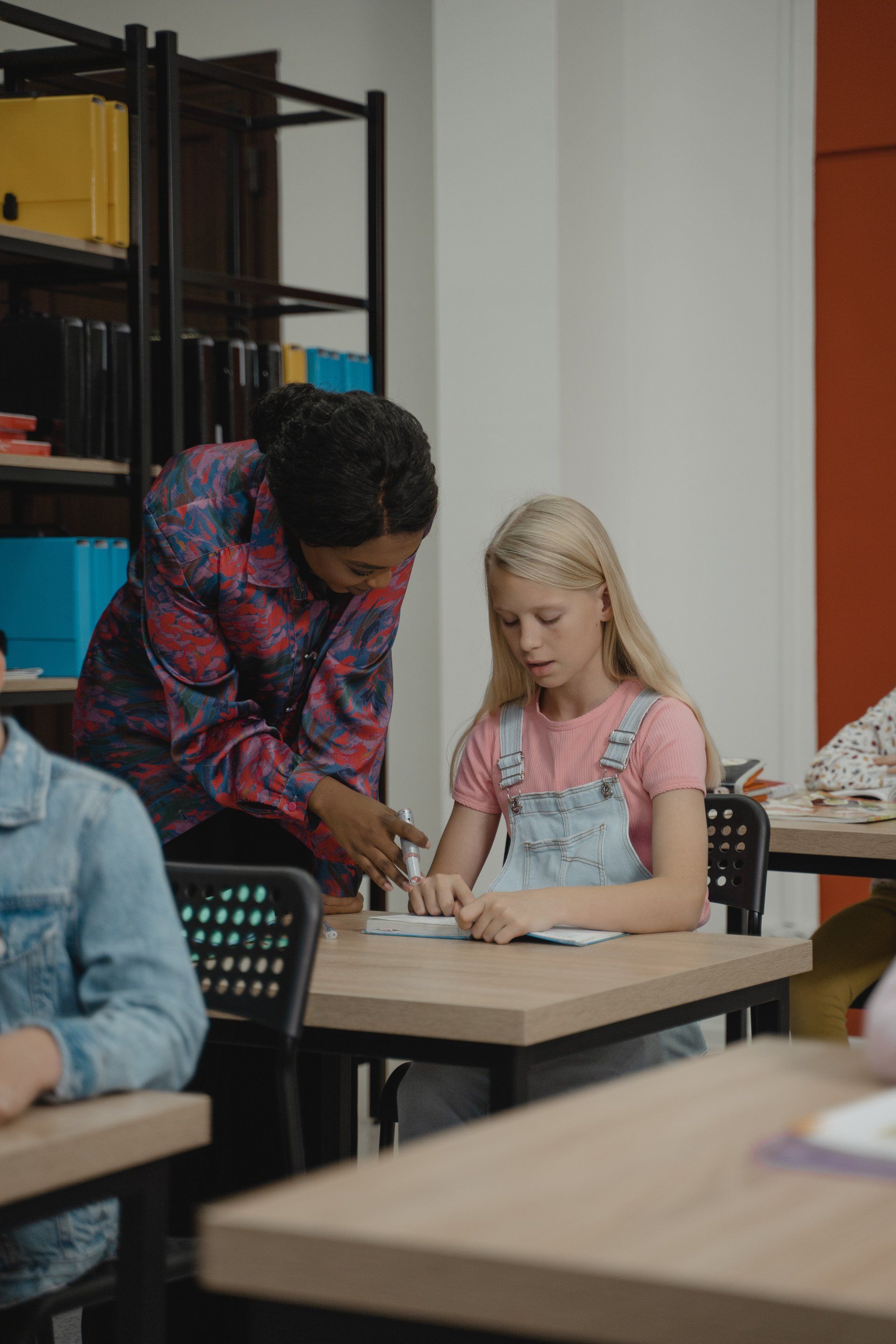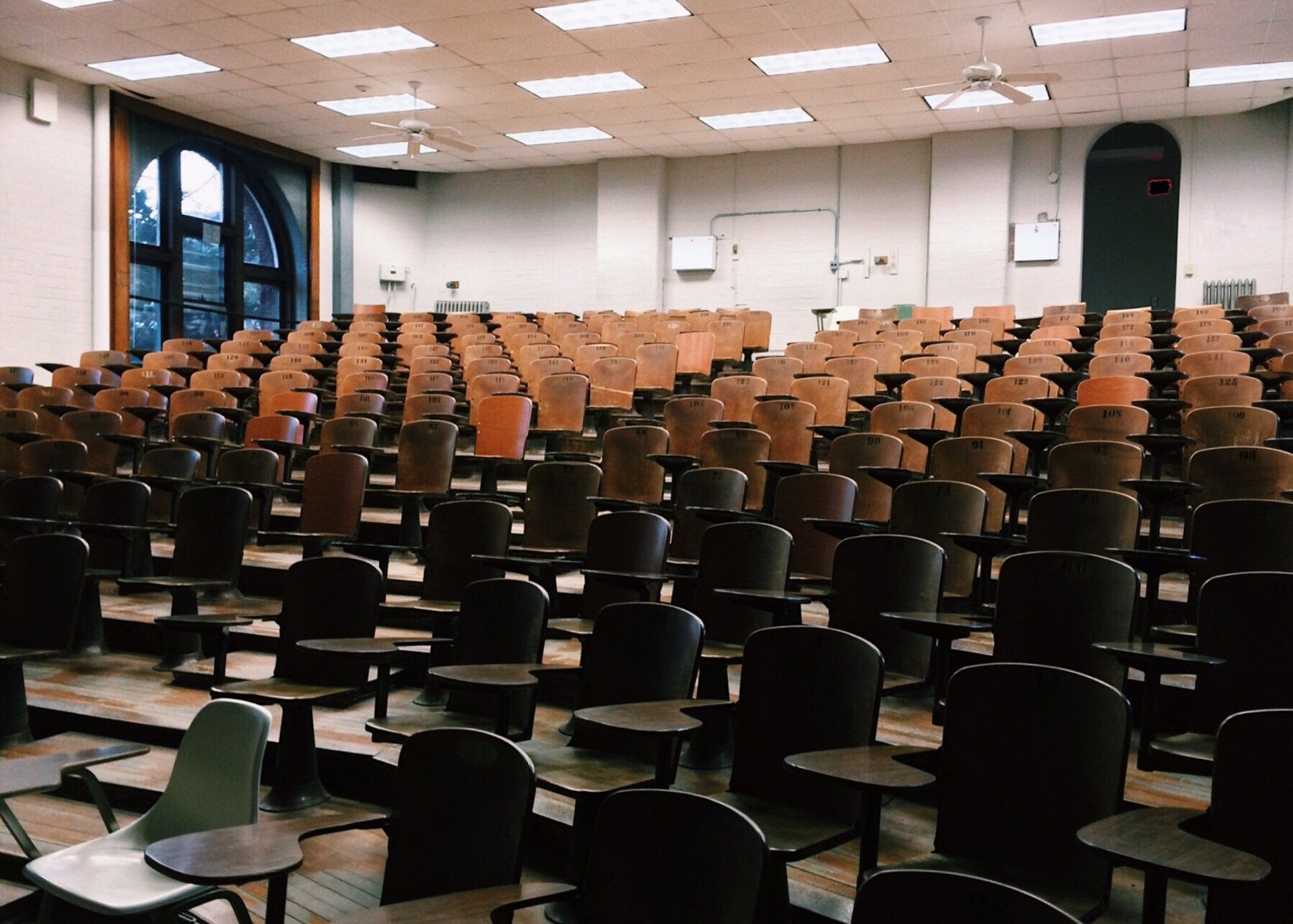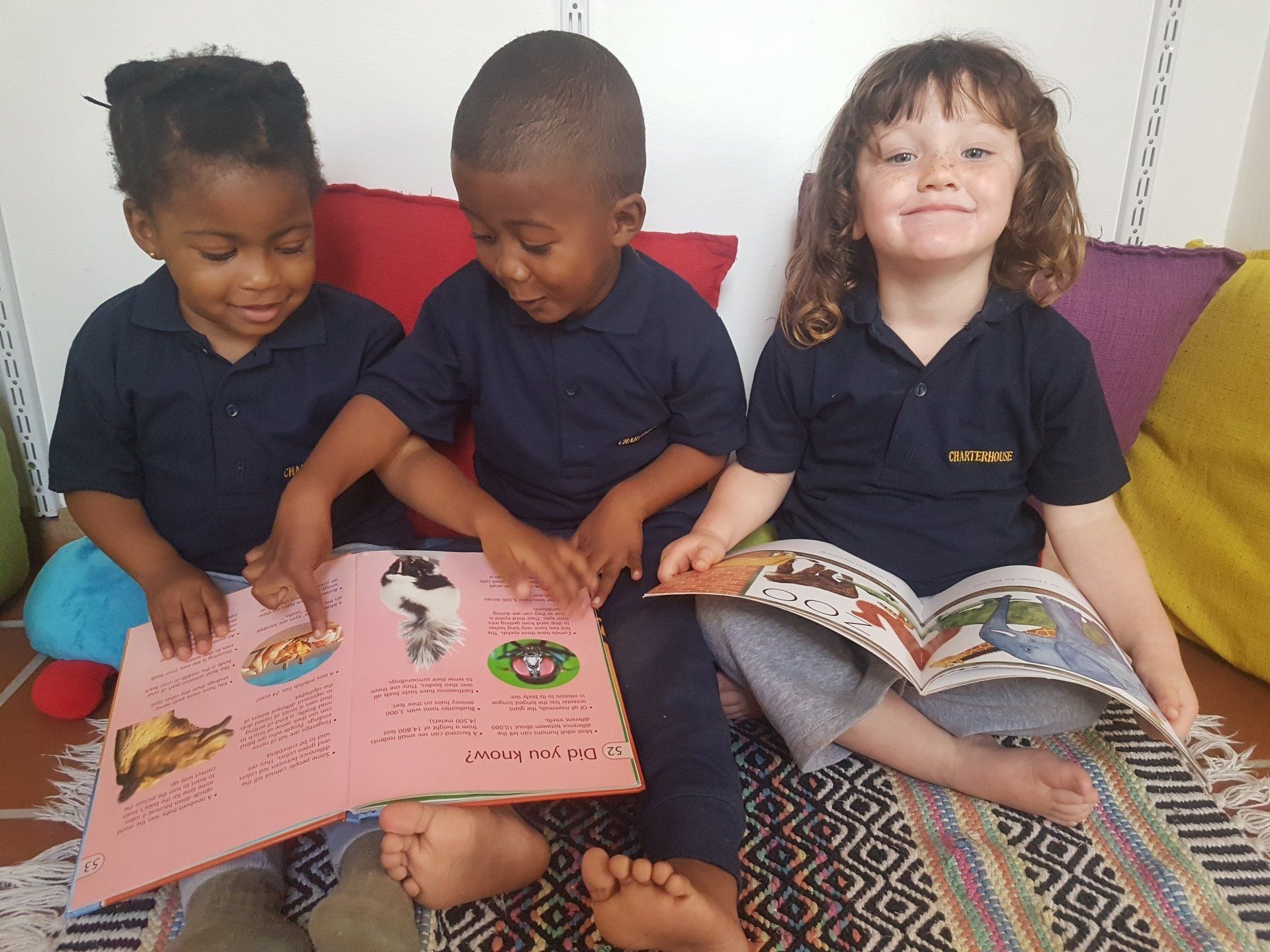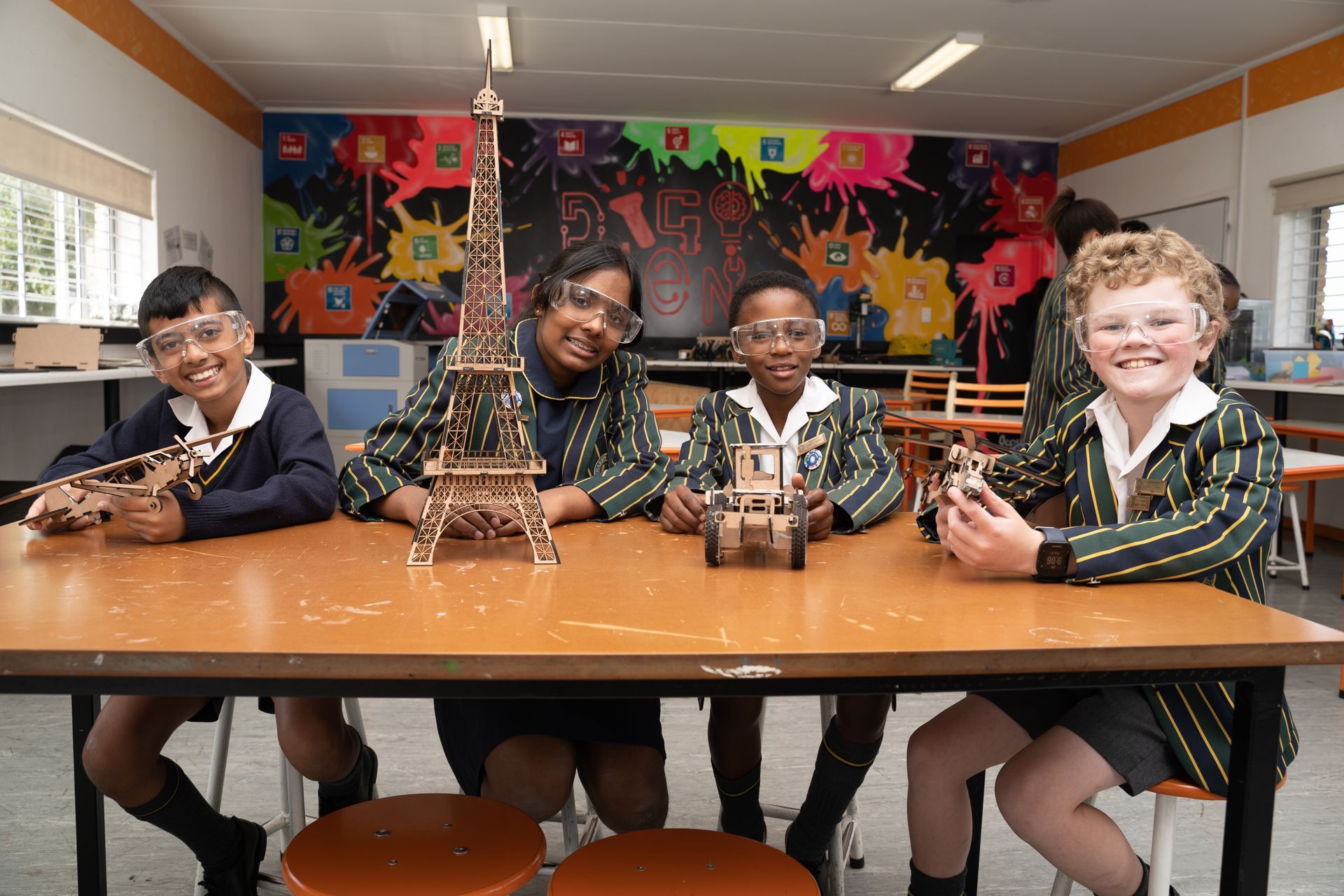14 Dec, 2022
POST-LOCKDOWN: ADDRESSING SA’S TEACHING AND LEARNING CHALLENGES IN 2023 BY DR GILLIAN MOONEY, Dean: Academic Support and Development, The Independent Institute of Education South Africa is yet to determine the full implications of the pandemic lockdowns on Teaching and Learning, and we can only really speak to the short-term effects at this point. There is currently a wealth of academic literature on this topic, and research will continue. However, it is already clear that the pandemic lockdowns represented a significant disruption to the way we think about good teaching practice and what students need to do in order to learn. Reflecting at this current point in time, certain themes have been identified, some affecting both lecturers and students, some affecting a single group only, and some affecting the practices of teaching and learning. THEME 1: SOCIO-EMOTIONAL CONSEQUENCES It is well-known that teaching and learning is not only a cognitive issue, but that how we feel about ourselves and others has an important role to play. We also need to remember that the lockdown had emotional and social consequences for everyone. These primarily included a sense of isolation from others - this is well reported in the literature and indeed, likely to be part of what we call “common sense”. In terms of post-lockdown, many continue to feel this sense of isolation, which requires a conscious and concerted effort on the part of schools and universities to address. This may be complicated by the fact that the pandemic itself also made us less trusting of one another. Wearing masks, or essentially, protecting ourselves from other people, may still linger in our psyches. Across South Africa’s schools and universities, there has been an increase in the number of students who are suffering from challenges related to mental and emotional wellbeing such as depression and anxiety and seeking assessment concessions as a result of this. Some examples of these would be requests for more time to complete assessments or writing assessments in a separate venue. What may be interesting to research, albeit in the absence of a pre-pandemic baseline, is determining whether parents who were home-schooling their children are now more invested/ involved than before in their child’s education. The point here is that, never before have parents had to know in such detail what their children are doing at school. Has this interest continued post-pandemic? If so, and anecdotally that seems to be the case, that will be a welcome development if it is the case that parents now take a closer interest in their child’s educational journey. However, what we may find is that parents have experienced “school fatigue”, and may be less inclined to engage with the everyday issues of their children’s education. This is all supposition, and substantive research would be required here to gain answers to this question. THEME 2: NAVIGATING THE TRANSITION FROM SCHOOL TO UNIVERSITY It has always been a challenge for students to adapt from one learning space to a different one. However, the “COVID-Cohorts”, those students who finished their schooling during the pandemic and moved to university during or shortly thereafter, have found this particularly challenging. For example, some students had their last two years of schooling either online or being “home-schooled” independently. These experiences would have been different, depending on the resources of the school and the parents. For some university students, they began their university journeys fully online, and unfortunately, in many instances, still continue to do so where institutions still haven’t returned to in-person lectures. In other instances, students may be choosing to study in the distance, rather than contact mode of offering. This makes for a very non-traditional university experience and detracts from the life milestone that being a student traditionally entails. Most universities have a hybrid model going, i.e. some classes are online, and some are in a classroom. Some institutions, because of their smaller size classes (and the physical distancing constraints) were able to accommodate this kind of hybrid model from the pandemic until now, so there has been very little change for these students. However, not all universities currently have all classes fully in person, while others do, so there may be variance here. As those universities who have not yet returned to in-person prepare to do so in 2023, the effects of the pandemic lockdown may become clearer. THEME 3: LEVERAGING TECHNOLOGY IN TEACHING The pandemic forced a widescale rethinking of how teaching and learning occur. This is an important point because the historically basic transaction of teaching, i.e. a person standing in front of a class facilitating learning, has never really changed. What the lockdowns forced onto us was a re-think of how we assess, how we mark, how we teach, and how we use our learning management systems (LMS). So, it is not all doom and gloom because here a crisis was an important turning point that allowed fast-paced development in teaching and learning practice to occur. However, as with any crisis, this placed pressure on both lecturers and students, who needed to adapt quickly so as not to fall behind. It also placed a tremendous burden on those institutions that lack agility and resources, and some of this still needs to be overcome even now. An important example of this would be marking online, instead of hard copies. This was a big change for lecturers, who have now adapted to this practice and are not likely to want to go back to pen and paper. We also have more effective ways to track student submissions. There is a steep hill to climb for those institutions that have not yet adapted. The challenge now is not merely to replicate bad teaching and learning practices with fancy technology, but to understand how technology can enhance teaching and learning. There is now a plethora of competing technological products, which are all trying to gain their market share. Obviously, as with anything, some are better than others, and institutions need to think carefully and do their due diligence before making such big investments. ENDS Issued by: MEROPA COMMUNICATIONS On behalf of: THE INDEPENDENT INSTITUTE OF EDUCATION www.theworldofwork.co.za or www.iie.ac.za Note to editor: The Independent Institute of Education (The IIE) is a division of the JSE-listed ADvTECH Group, Africa’s largest private education provider. The IIE is the largest, most accredited registered private higher education institute in South Africa, and is accredited by The British Accreditation Council (BAC), the independent quality assurance authority that accredits private institutions in the UK.


